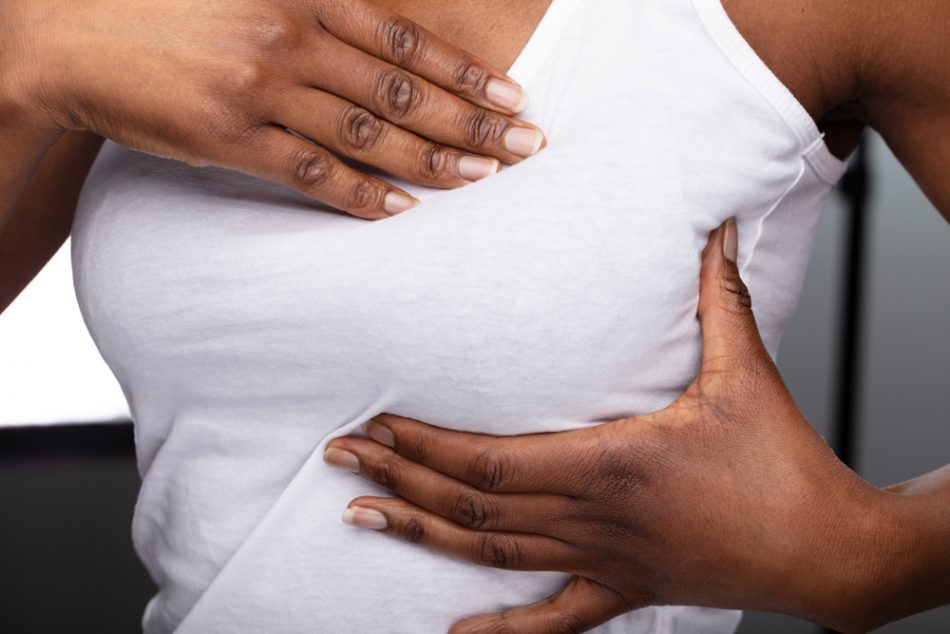In America, Black women are more likely to have breast cancer and at early ages, but despite this increased risk, there is a critical gap in early detection rates between Black women and their white counterparts. To address this disparity, researchers from Boston University and Tufts University came up with a model to better predict breast cancer for this underserved population.
Using epidemiologic data from three studies of Black women from various regions of the US, the researchers designed a cancer prediction model which identifies patients who should be screened for breast cancer earlier than traditional recommendations. The model was strengthened and tested using 15 years of data from 51,798 participants in Boston University’s Black Women’s Health Study.
“Because US Black women have a disproportionately high rate of breast cancer deaths, improvement in early detection of breast cancer in this population is critical, especially in young Black women who have not yet reached the ages at which mammographic screening is typically begun,” said Julie Palmer, director of the Slone Epidemiology Center.
The tool takes the form of an easy-to-use online resource that women can use by following the provided questionnaire. It can be used in conjunction with a physician or on one’s own to provide a five-year cancer risk assessment for Black women. “We believe that it’s best to discuss breast cancer risk and screening with a healthcare provider, and our tool could help women have a part in shared decision-making,” said senior author Ludovic Trinquart.











